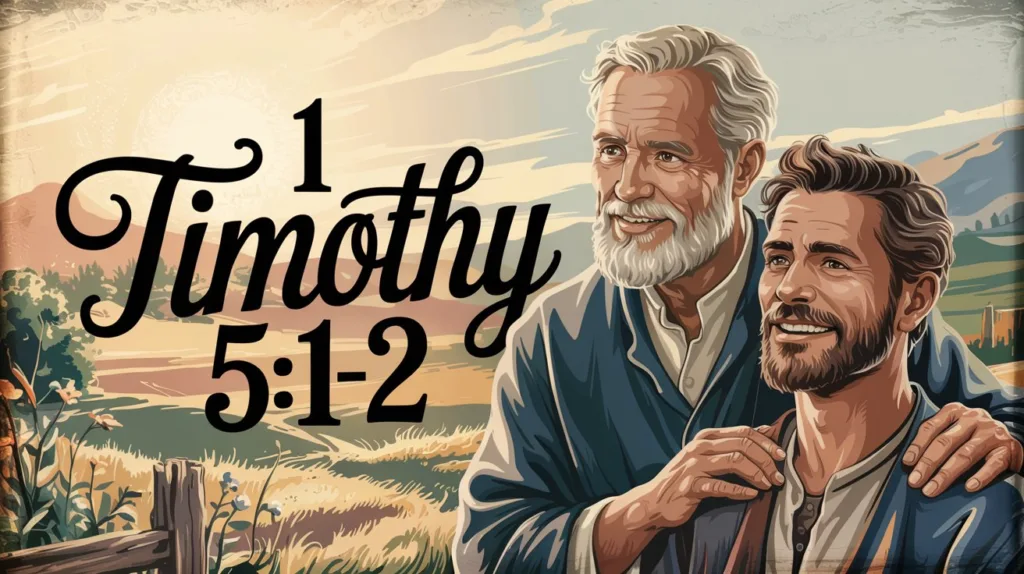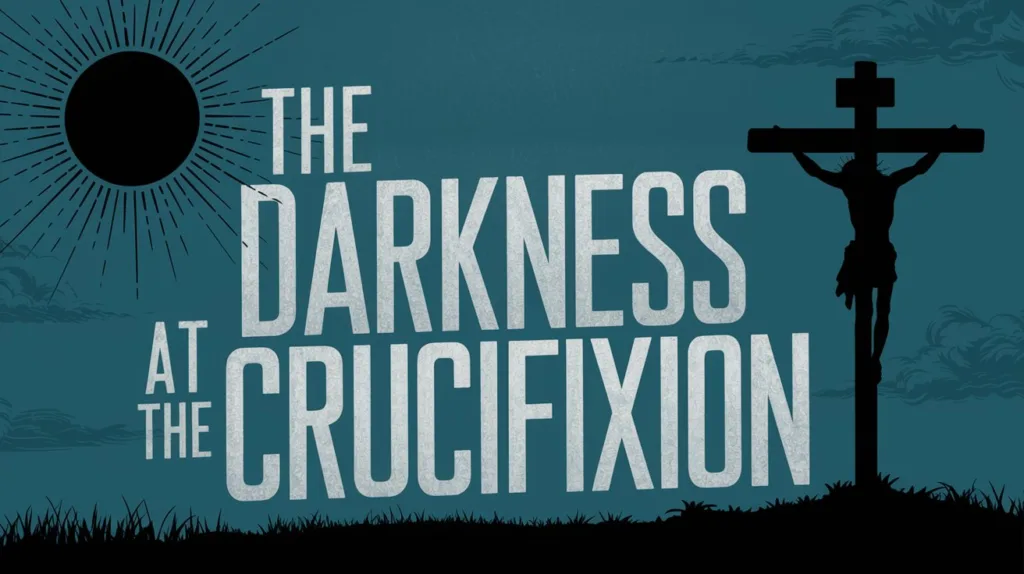The stories of Susanna (Daniel 13) and Bel and the Dragon (Daniel 14) appear in the Septuagint but are absent from the Hebrew Masoretic Text and all ancient Hebrew or Aramaic manuscripts. These narratives, while morally edifying, display characteristics inconsistent with canonical prophecy and highlight concerns about deriving doctrine from LXX additions.
What Is Susanna?
Susanna tells the story of a devout and beautiful woman wrongly accused of adultery by two corrupt elders. The narrative follows a courtroom drama with a clear moral arc:
Accusation: Two elders spy on Susanna and blackmail her with false sexual claims (Daniel 13:20–22).
Trial and Judgment: Susanna is brought out for public condemnation, but Daniel intervenes (Daniel 13:41–50).
Interrogation by Daniel: He questions each elder separately, highlighting their contradictory testimonies (Daniel 13:52–55).
Vindication: Daniel pronounces her innocent, and the guilty elders are justly executed (Daniel 13:63–64).
Susanna emphasizes integrity and God’s justice. Yet, it lacks prophetic voice, covenant promises, or divine revelation. Its tone is moral and ethical, not revelatory. It contains no direct speech from God, no Messiah reference, and no fulfilment of covenantal prophecy.
“And the Lord saved her from the hands of the wicked men… the elders, because they had falsely accused her.” (Daniel 13:57)
This verse encapsulates the story’s redemptive arc. But note: the source of deliverance is God generally, not through prophetic office or covenant promise. The narrative reads like moral fiction rather than inspired Scripture.
What Is Bel and the Dragon?
Bel and the Dragon comprises two distinct episodes following Susanna:
Bel Exposed: Daniel uncovers the priests’ deception in Bel’s temple by using ashes to reveal they eat the offerings at night (Daniel 14:13–22).
Dragon Killed: Daniel feeds the living dragon cakes made of hair and pitch, causing it to burst (Daniel 14:23–30).
Third Event: Daniel is thrown into a lion’s den, yet emerges unharmed (Daniel 14:31–42), echoing but not part of the canonized Daniel 6.
The core message is a rebuke of idolatry crafted in narrative form. But like Susanna, there is no prophetic revelation. No divine speech, no covenant promise, no vision of future redemption. Instead, we see clever human action backed by God’s protection. The account lacks the structure and substance of inspired Scripture.
“Bel is dead, and his priests are devoured by the dragon… Daniel told the king how they had deceived him.” (Daniel 14:17)
Notice the conclusion: the idol’s priests are exposed; the story teaches idols are powerless. Yet, there is no covenant depth, no Messianic prophecy, no theological teaching beyond moral victory.
Key Biblical Excerpts and Brief Analysis
Let’s look more closely at some of the pivotal text:
“Susanna wept… Lord, the God of my fathers, save me from them.” (Daniel 13:44)
Susanna’s prayer invokes “God of my fathers” but contains no mention of covenant promises or prophetic fulfillment, only a plea for rescue.
“And Daniel said to her, ‘Your faith has rescued you… fear not; stand firm.’” (Daniel 13:55)
Daniel’s words affirm faith and deliverance but remain within ethical boundaries, not prophetic or revelatory.
“Daniel answered and said, ‘O king, let not thy thought be troubled… Bel is not a god.’” (Daniel 14:15)
Daniel shows faith-based wisdom and courage, yet again this is moral instruction, not prophecy.
Why These Stories Raise Concern
When we examine Susanna and Bel & the Dragon, we find:
- No Hebrew original text: Only Greek versions exist.
- No support from Dead Sea Scrolls: They never appear in the Hebrew fragmentary Daniel scrolls.
- No prophetic voice: They do not include Divine revelation, apprenticeship to covenant promise, or future-oriented prophecy.
- No apostolic endorsement: The New Testament quotes canonical Daniel but never these stories.
Their absence from foundational sources, combined with their moral-narrative style, indicates they were probably later Greek additions. Maybe valuable as literature perhaps, but not on par with Scripture.
Building on our understanding of these narratives, we can now examine the theological and canonical issues raised by the inclusion of Susanna and Bel & the Dragon in the Septuagint. These additions raise serious concerns for any believer who seeks to preserve the integrity of God’s Word as it was originally delivered.
Lack of Covenant Revelation and Prophetic Authority
True Scripture always contains elements of covenant, prophecy, or direct revelation from God. These narratives do not. Susanna presents a moral tale. Bel & the Dragon offers a story of religious courage. But neither one contains the core attributes of inspired prophecy:
- No divine speech or “Thus says the Lord”
- No covenant language rooted in Abraham, Moses, or David
- No Messianic foreshadowing or redemptive promise
Contrast this with the true prophetic writings, such as Isaiah, which are filled with covenant reminders, divine rebuke, and clear Messianic expectation:
“Come now, and let us reason together,” says the Lord, “Though your sins are like scarlet, they shall be as white as snow; Though they are red like crimson, they shall be as wool.” (Isaiah 1:18)
Absent from Hebrew and Aramaic Manuscripts
The most direct reason to reject these additions is the complete absence of them in any Hebrew or Aramaic manuscript. The Dead Sea Scrolls include the Book of Daniel, yet end at chapter 12. There is no trace of chapter 13 (Susanna) or chapter 14 (Bel and the Dragon) in any fragment or scroll.
This matters because all genuine Scripture given to Israel was written in Hebrew or Aramaic and preserved by the Jewish community. If these stories were truly Scripture, they would exist in that tradition, not just in Greek.
Never Quoted or Used by Jesus or the Apostles
Jesus quotes from Daniel multiple times, including His reference to the “abomination of desolation” in Matthew 24:15. The apostles likewise cite the Hebrew Scriptures repeatedly, but neither Susanna nor Bel & the Dragon is ever quoted, referenced, or hinted at in any New Testament book.
This silence is important. The apostles confirmed the Scriptures by their use. Their total omission of these Greek additions suggests they did not regard them as divinely inspired.
Doctrinal Consequences and Confusion
These stories, while moral, are doctrinally thin. They lack theological richness. There are no teachings about sin, atonement, Messiah, or the Law of God. Their inclusion blurs the difference between morally uplifting tales and divinely revealed Scripture.
Additionally, relying on such texts may lead to further doctrinal error. If these are accepted, why not the apocryphal books that promote praying for the dead or salvation by works? Scripture must be drawn only from what God has revealed, not what man has added.
“You shall not add to the word which I command you, nor take from it, that you may keep the commandments of the Lord your God which I command you.” (Deuteronomy 4:2)
The LXX and Its Mixed Authority
The presence of these additions in the Septuagint reveals its limitations. While the LXX can be a useful translation tool, it is not a perfect representation of the inspired Word. It was produced over time by various translators and redacted by multiple scribes. Not all content in the LXX can be trusted as Scripture.
This is why the Masoretic Text, preserved carefully by the Jewish scribes and confirmed by the Dead Sea Scrolls, remains the faithful source of the Old Testament. It contains what God actually gave to Israel, not later additions composed in Greek centuries after the prophets had ceased speaking.
“Forever, O Lord, Your word is settled in heaven.” (Psalm 119:89)
My Final Thoughts
Susanna and Bel & the Dragon may contain good moral lessons, but they are not the Word of God. They are later additions to the Greek Septuagint, written without Hebrew originals, never quoted by Christ, and never confirmed by the apostles. Their inclusion in some Bibles reflects tradition, not divine inspiration.
If we desire to follow God faithfully, we must be people of the Word, God’s Word, not man’s inventions. We must hold fast to the Scriptures that were given by inspiration of God and preserved through His covenant people.
“All Scripture is given by inspiration of God, and is profitable for doctrine, for reproof, for correction, for instruction in righteousness.” (2 Timothy 3:16)





 Get the book that teaches you how to evangelize and disarm doctrines from every single major cult group today.
Get the book that teaches you how to evangelize and disarm doctrines from every single major cult group today.